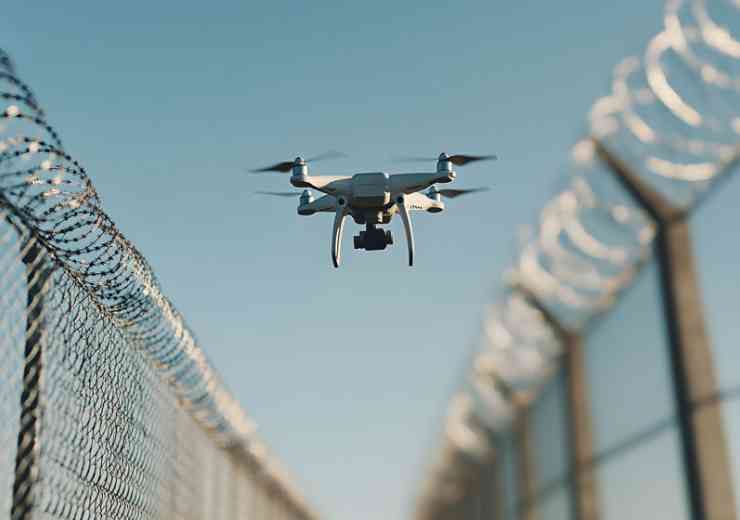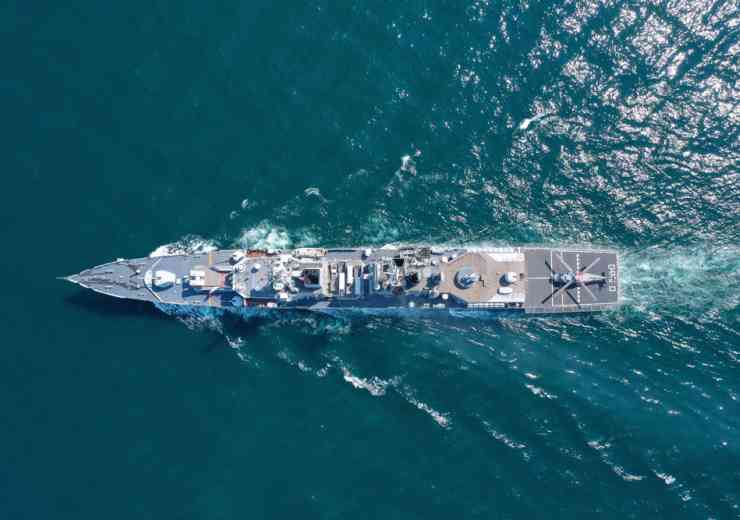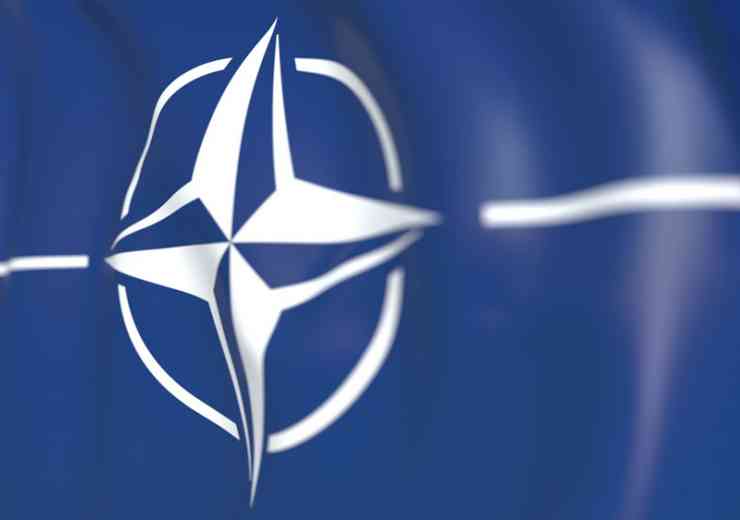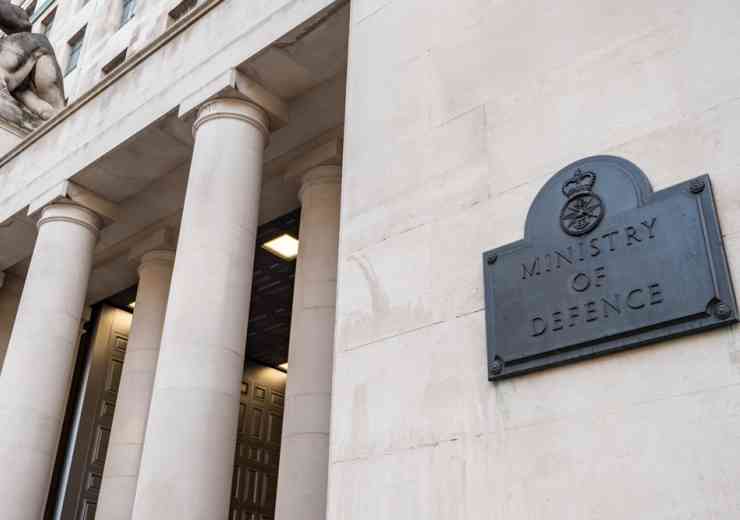UK and New Zealand boost support to Ukraine

Prime minister Keir Starmer and New Zealand prime minister Christopher Luxon are to boost support for Ukraine with new drone contract and extension to Operation Interfelx in a move to deepen British security and defence ties with New Zealand.
Mr Luxon’s visit to the UK earlier this week follows the two leaders meeting at the Commonwealth Heads of Government Meeting in Samoa last year.
New Zealand trainers have worked with the British to train more than 54,000 on Operation Interflex, which is the British-led scheme of training and supporting military forces in Ukraine. New Zealand confirmed that they will extend their support for the initiative in the UK until the end of 2025.
The British prime minister has also announced UK contracts worth £30 million for drones produced by SYOS Aerospace, a New Zealand unscrewed vehicle manufacturer based in Hampshire to support Ukraine, which has created 45 new jobs.
This new arrangement, following one signed in 2015, follow both countries upping their defence spending: 2.5 per cent of UK GDP, and two per cent of New Zealand’s GDP.
Prime Minister Keir Starmer said:“Only by working with our friends and allies and protecting our national security will we be able to deliver on our Plan for Change, putting money back in the pockets of working people through highly skilled jobs - such as those we have announced today - a strong and resilient economy, and greater opportunity.
“From the beaches of Gallipoli, to the vital work we have been doing together on Operation Interflex and our support for Ukraine, the UK and New Zealand have stood shoulder-to-shoulder for generations in pursuit of peace and stability.
“As the world becomes an increasingly dangerous place, I am proud how much we are doing together to support our national and economic security – stepping up our defence spending, deploying our navies together in the Indo-Pacific, and continuing our work to put Ukraine in the strongest possible position to deter an increasingly aggressive Russia.”






















